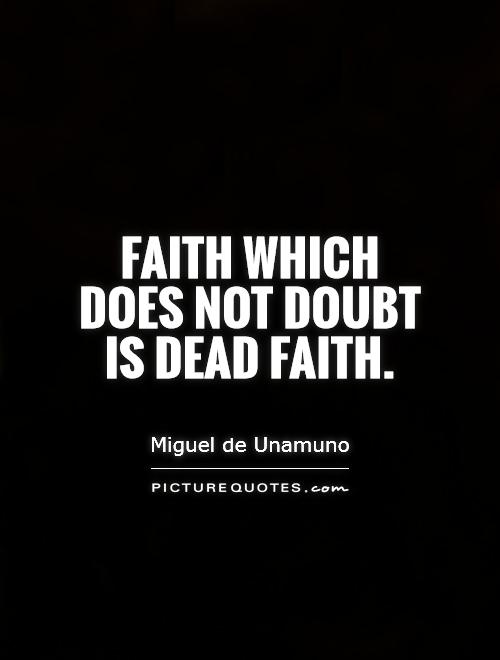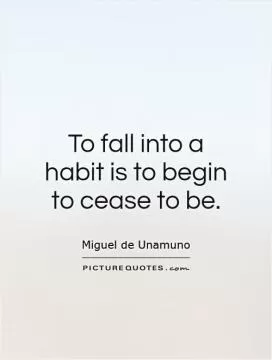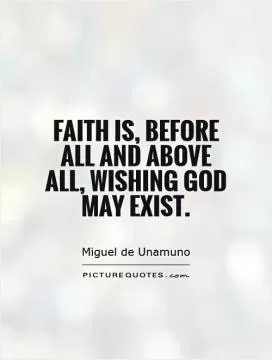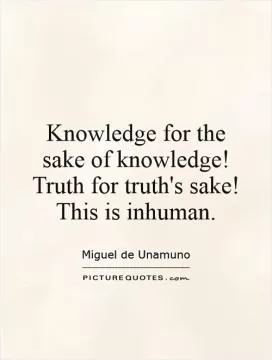Faith which does not doubt is dead faith

Faith which does not doubt is dead faith
Miguel de Unamuno, a Spanish philosopher and writer, is known for his exploration of the complexities of faith and doubt. One of his most famous quotes is "Faith which does not doubt is dead faith." This statement encapsulates Unamuno's belief that true faith is not blind obedience or unquestioning acceptance, but rather a dynamic and evolving relationship with the divine.Unamuno understood that doubt is an inherent part of the human experience. We are constantly questioning, seeking answers, and grappling with uncertainty. In the realm of faith, doubt can be seen as a necessary component of a living, breathing belief system. Without doubt, faith becomes stagnant and lifeless, devoid of the vitality that comes from wrestling with difficult questions and seeking deeper understanding.
Unamuno's concept of "dead faith" refers to a faith that is rigid, dogmatic, and closed off to new ideas. This type of faith is characterized by a lack of curiosity, a fear of uncertainty, and a refusal to engage with doubt. In contrast, a living faith is one that is constantly evolving, growing, and adapting to new insights and experiences.
For Unamuno, doubt is not something to be feared or avoided, but rather embraced as a natural part of the spiritual journey. Doubt can be a catalyst for growth, pushing us to explore new perspectives, challenge our assumptions, and deepen our understanding of the divine. In this sense, doubt is not the enemy of faith, but rather its companion and ally.
Ultimately, Unamuno's message is one of openness, humility, and intellectual curiosity. He encourages us to approach our faith with a spirit of inquiry, to engage with doubt as a means of deepening our understanding, and to embrace the uncertainty that comes with the search for meaning. In this way, we can cultivate a faith that is vibrant, dynamic, and truly alive.












 Friendship Quotes
Friendship Quotes Love Quotes
Love Quotes Life Quotes
Life Quotes Funny Quotes
Funny Quotes Motivational Quotes
Motivational Quotes Inspirational Quotes
Inspirational Quotes